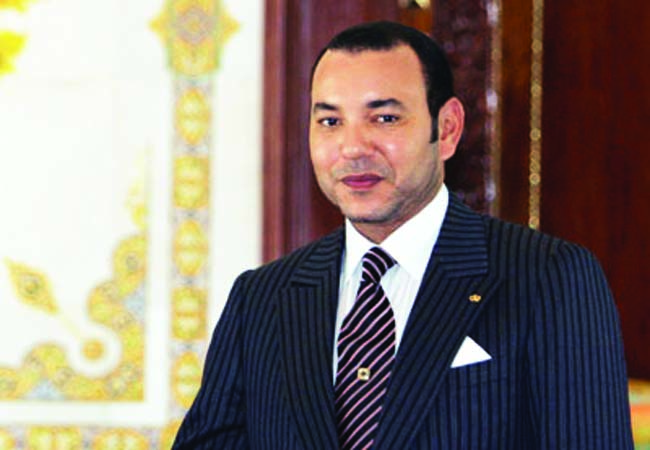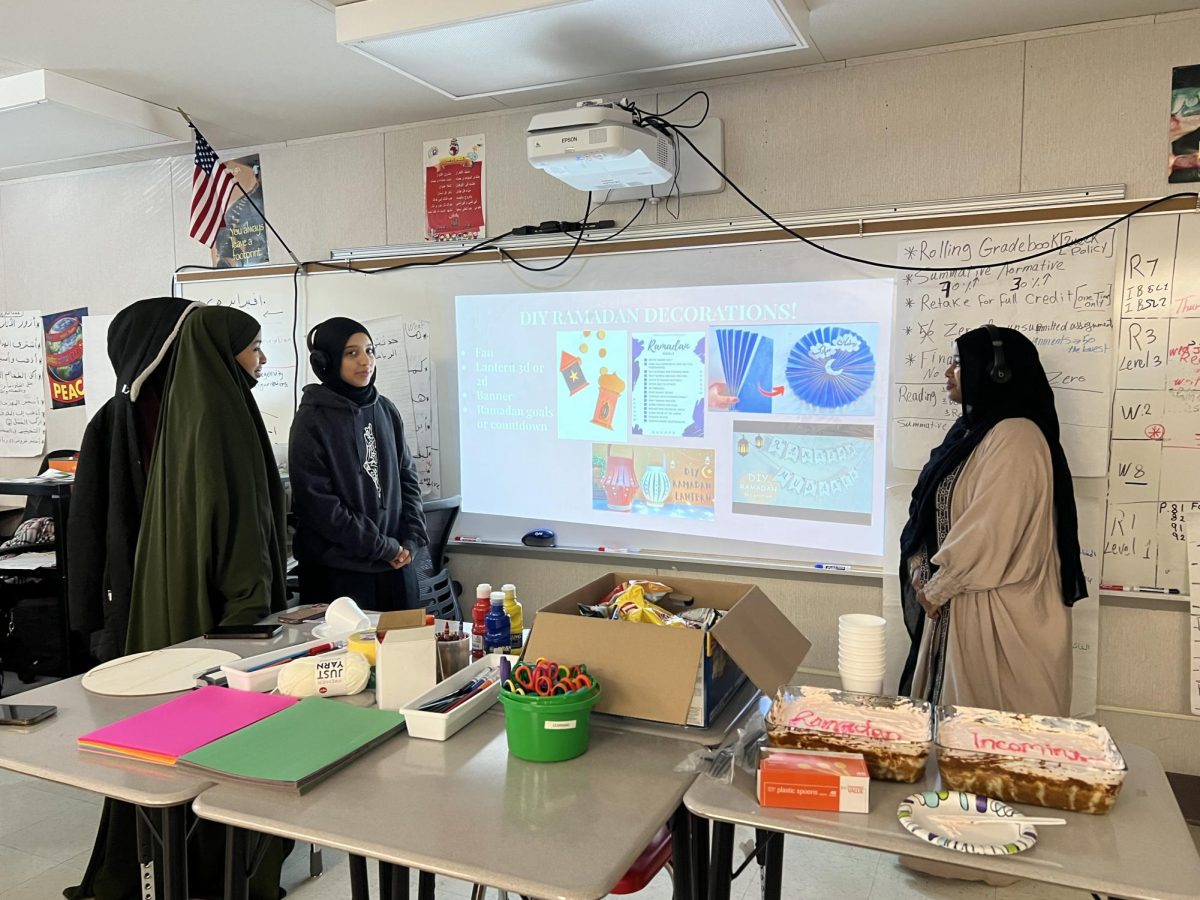While many students are talking about President Barack Obama or Governor Mitt Romney, some like junior Amelie Trieu are more interested in foreign affairs.
She and her family have lived in France, until they moved to the U.S. for her father’s job. Every day, when she gets home, she is immersed in various cultures.
“A big thing that has gotten me involved in foreign relations and affairs inside and out of school is my parent’s involvement in France and our French heritage. We always talk about certain issues in France at home, such as their past programs , such as the law that gives out monetary support to families is called Code de Familie, or allocation.This is due to the decrease in childbirth as well as present day unemployment and social security.”
Due to her dual citizenship, Trieu is very involved in French affairs. “This impacts our views because we enjoy talking about certain issues and staying informed. We watch debates online and read articles. We often compare France to the United States and compare and contrast certain issues as well as how one nation’s policies could work well in the others.”
Trieu continues to speak about how much she enjoys being connected to international affairs throughout the Annandale community, saying, “I enjoy being a part of Model UN because of the research we do about other countries and comparing it to the US. Another reason I love researching on foreign issues is because the news differs. For example, in France, there is a law that outlaws media from slandering politicians which is completely different from the US.
The media also has different content. Whereas some US media would be more biased and Pro-America, other nations’ media is less biased and more connected to the rest of the world.”
Trieu has noticed several differences in the way the U.S. and France act noting, “I feel that the U.S. is a lot more conservative compared to France. France is more tolerant and open minded. They have a leader, Hollande, who has a domestic partnership and kids without being married. However, in the U.S., we are quicker to judge and prefer people in traditional societal roles. Of all the American presidents, I think only one has been unmarried, which shows our inclination to conservative social values.”
In America, people of all races, male and female, and of all ages are extremely involved in the elections. The United States is extremely fair when it comes to elections because anybody above the age of 18 is allowed to vote and voice their opinion. Also, both men and women, are allowed to vote along with all ages.
Comparatively, “In france, you don’t have to belong to a party and can switch to other parties when voting. There is a lot more open mindedness and freedom. I really like France’s heath care system. However, I don’t think it would work out in the United States. Also, socialism is more popular in France than in the United States. Here in the US, it is harder to differentiate between socialism and communism. Honestly, if I were given the opportunity, I would prefer to work in the United Nations.”
Since Trieu’s family has dual citizenship, they are allowed to vote in the French elections.
“When we vote, we have to go to the embassy and cast our ballot” Trieu said.
Aside from both France and the United States, Saudi Arabia’s elections are few and far between since their country is ruled by a king. They hold many municipal elections, meaning that their cabinet and other sections of government are replaced every four years. Unlike the United States, Saudi Arabia does not allow political parties in their elections.
Junior Tahani Yosuf has lived in Saudi Arabia for many years and concludes that, “Since Saudi Arabia is a monarchy, we don’t have any rights in choosing who gets to rule and is in power. All of the ruling happens within the royal family.”
Morocco is also a monarchy ruled by a king and a prime minister. They also have a multi-party system where no one party has a chance of gaining power by themselves. Also, Moroccan women have had the right to vote since 1959. Junior Nora Belkhayat’s dad is Moroccan and has voted in their elections. “My dad is an avid protestor in the Moroccan elections because in Morocco, you don’t get to choose your president. It is basically chosen for you,” Belkhayat states.
Recently there have been many protests sprouting up throughout the country because of the unfair governmental tyranny.
“The Moroccan king is chosen based on the prophet and people in Morocco don’t think it is right, therefore, they protest,” Belkhayat said. Being half-Moroccan, Belkhayat feels that her father has influenced her to be more biased against the government.
“I think that international elections are very interesting because they are very different than the American elections. Also, the choice of the president is not always up to the people and I’m curious to find out how other people are governed and how they pick their political officials,” junior Shareen Arshad said.
With rising political tension in the U.S., more students are also curious about foreign politics and how they compare to the U.S. general elections.
Elections around the world
Megan Ryan, Staff Writer
November 1, 2012
Categories:
Morrocan president Mohammed VI, has been king since 1999 after the death of his father, King Hassan II
Story continues below advertisement
0
More to Discover
About the Contributor

Megan Ryan, Entertainment Editor
This is Megan Ryan’s second year on The A-Blast starting off as a staff writer her junior year. Currently she is the Entertainment co-editor for her senior year. Megan is a member of the Social Studies Honor Society, Tri-M, BALA and in the Key Club. She is also a Section Leader of the Atoms Marching Band while volunteering at local organizations to help those in need. She is a vivid Redskins Football fan and loves attending all of the home games. You can find her working at a garden center and a restaurant and when she has free time, hanging out with her friends at the movies. Follow her on twtter @megan_ryan96








